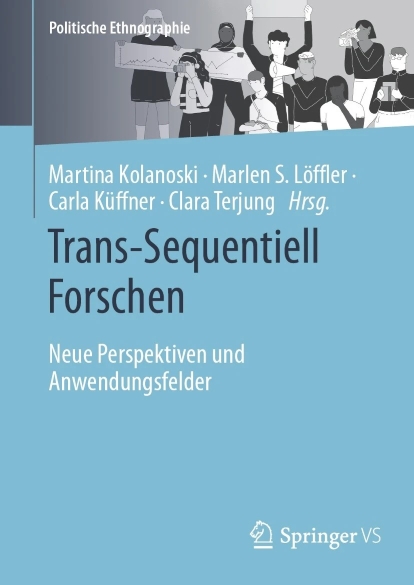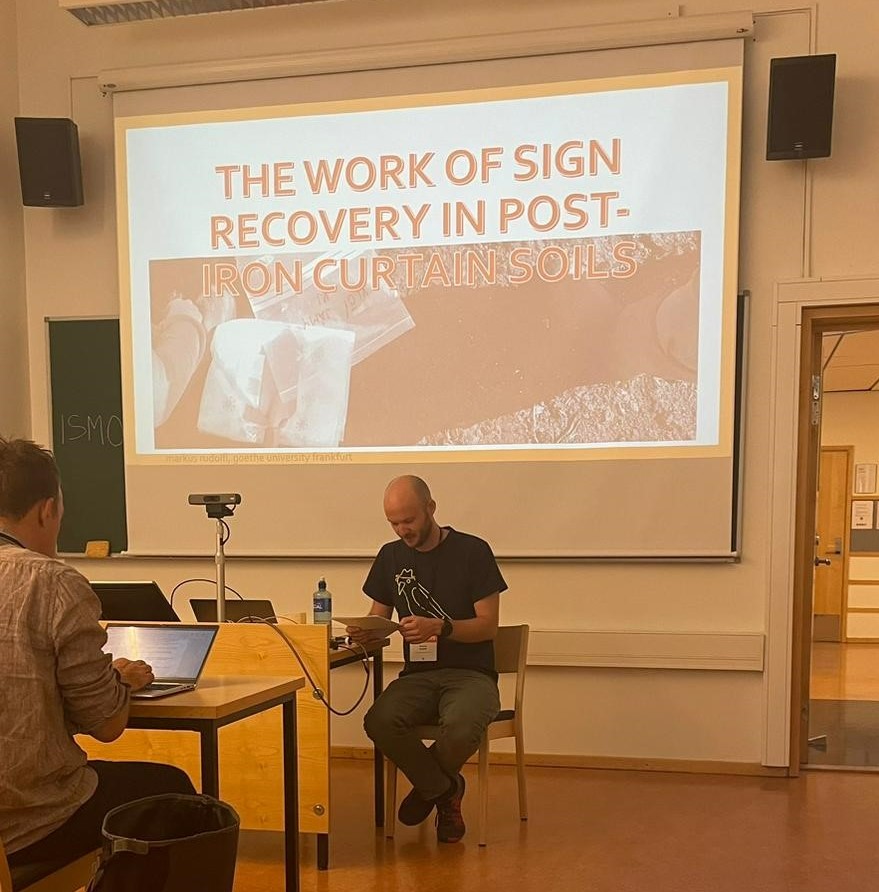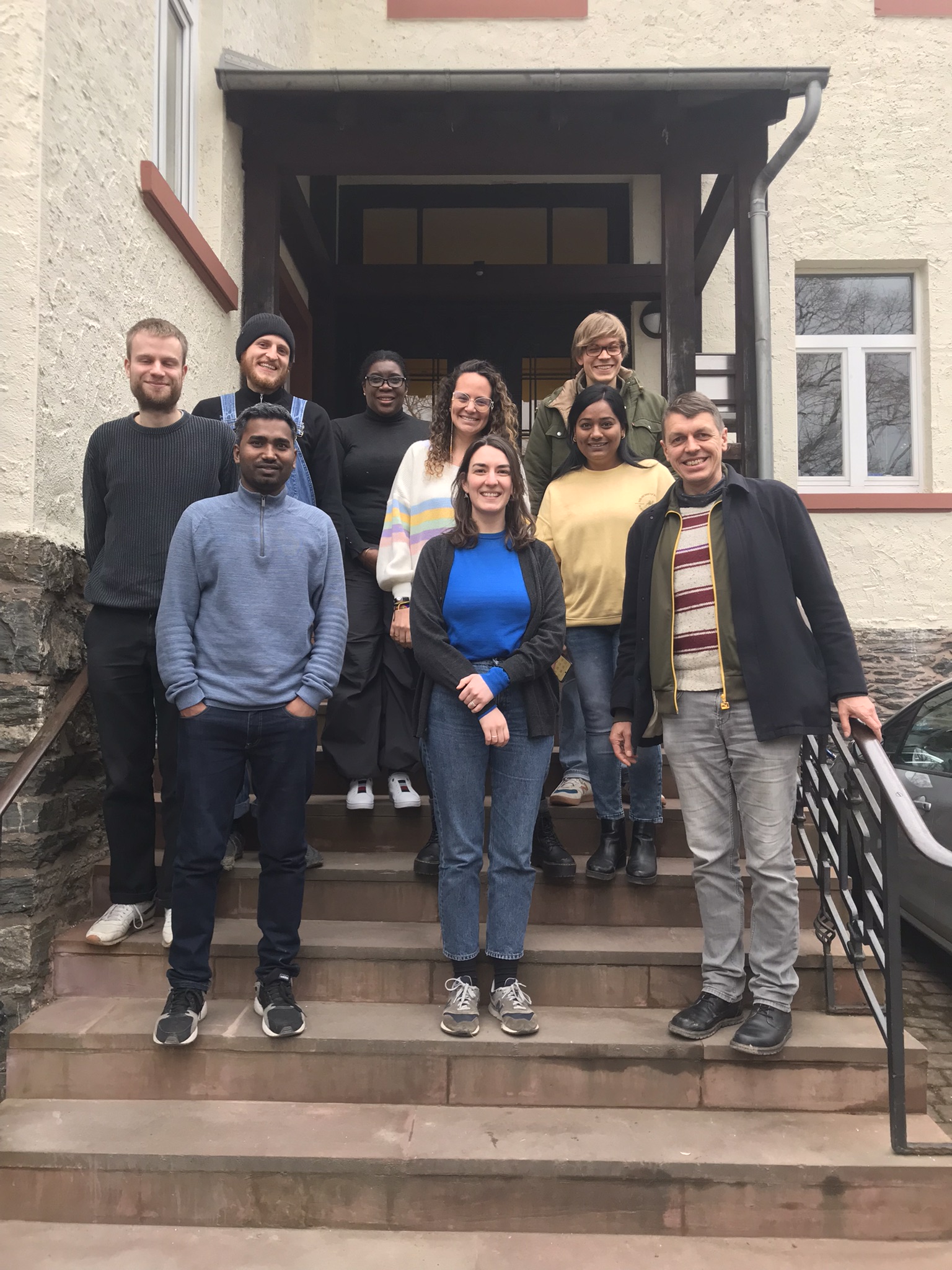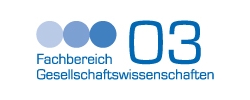Aktuelles – 2023


Der Sammelband wird von Martina Kolanoski, Marlene S. Löffler, Carla Küffner und Clara Terjung herausgegeben.
"Die in diesem Band versammelten ethnografischen Studien dokumentieren und reflektieren die Forschungspraxis einer zeitsensiblen Praxeografie. Dabei eint die empirie-gesättigten Beiträge der Fokus auf die zeitliche Struktur von Arbeitsprozessen, die in Auseinandersetzung mit der Trans-Sequentiellen Analyse (TSA) über die fortlaufende Arbeit an geteilten Objekten erschlossen wird. In Erweiterung der Ethnomethodologie werden hierbei Anforderungen, Ziele und Konflikte der Praktiken im Feld über einzelne Episoden hinweg herausgearbeitet, mit denen die Studien detaillierte und systematische Einblicke in Forschungsfelder sowie gesellschaftskritische und praxisberatende Analysen geben."
Hier geht es zur Seite von Springer Link sowie zum PDF-Download.

The 6th Nordic STS Conference with the theme "Disruption and Repair in and beyond STS" took place from 7th - 9th June in Oslo.
In the panel "Soil Repair: Recuperating Human-Soil Relationships", Markus Rudolfi held a presentation about his PhD chapter on wetland restoration with the title: "The work of sign recovery in Post-Iron Curtain soils".
The abstract for the talk:
The Iron Curtain is mostly known as a metaphor for geopolitical separation between the Soviet Union and “the West”. It is less known as a technology of ecological damage for which forests were cut or mires were drained – even less since the European Green Belt initiative claimed the collateral ecological value of the former militarized border. In the study area, the transboundary protected area Bavarian Forest (Germany) and Šumava (Czech Republic), soil scientists and conservationists are working towards the recovery of wetlands which were drained for the instalment of the materialised Iron Curtain border apparatus and for the mining of peat. Whereas the work on wetland restoration itself is broadly supported and praised as a strong instrument to tackle climate change, particular histories and meanings of local soil seem to be neglected. In addition, as wetlands resurge quite slowly, they demand a different “pace of care” (Puig de la Bellacasa, 2015). Hence, my fieldwork wants to highlight that soil is told in different ways and that mire restoration in post-Iron Curtain landscapes is not only the work on a potential climate future; it is also the slow work of recovering signs of past realities that do not always fit well into contemporary realities. The study uses a praxiographic approach to soil semiosis which emphasises the situated production of meaning of anthropogenic soils during sampling trips. Rather than using (eco-)semiotics as a formal way of analysis, “pedo-semiosis” is introduced to demonstrate signs-in-action in particular landscapes.
Wiederwahl von Thomas Scheffer ins Konzil der DGS
Prof. Dr. Thomas Scheffer wurde als Mitglied des Konzils der Deutschen Gesellschaft für Soziologie für eine weitere Legislaturperiode wiedergewählt.
Writing Retreat in Neu-Anspach

From 6th until 8th March 2023 a group of PhD students working on projects using ethnography and discourse analysis met in Neu-Anspach for a writing retreat. The GRADE funded event brought together people from various stages of their PhD who exchanged ideas and provided helpful insights for each other.
Next to the main focus on concentrated writing sessions, there was time to discuss a presentation of an almost completed PhD thesis as well as some initial thoughts for a new project. The topics ranged from migration studies, philosophy of time, film theory, or conflict sociology to PhD projects on "Rights of Nature" and biodiversity conservation.
In der Zeitschrift Science as Culture ist ein Aufsatz erschienen, den Tim
Seitz gemeinsam mit Prof. Dr. Martina Klausner und Prof. Dr. Jörg Niewöhner
verfasst hat: "Curating the Widerstandsaviso:
Three Cases of Ethnographic Intravention in R&D Consortia".
- Aktuelles und Presse
- Pressemitteilungen
- Öffentliche Veranstaltungen
- Uni-Publikationen
- Aktuelles Jahrbuch
- UniReport
- Forschung Frankfurt
- Aktuelle Stellenangebote
- Frankfurter Kinder-Uni
- Internationales
- Outgoings
- Erasmus / LLP
- Goethe Welcome Centre (GWC)
- Refugees / Geflüchtete
- Erasmus +
- Sprachenzentrum oder Fremdsprachen
- Goethe Research Academy for Early Career Researchers
- Forschung
- Research Support
- Forschungsprojekte, Kooperationen, Infrastruktur
- Profilbereich Molecular & Translational Medicine
- Profilbereich Structure & Dynamics of Life
- Profilbereich Space, Time & Matter
- Profilbereich Sustainability & Biodiversity
- Profilbereich Orders & Transformations
- Profilbereich Universality & Diversity







